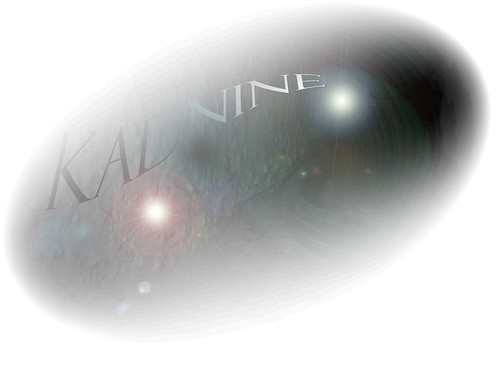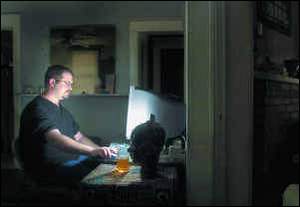Volokh on banning protests
Burying Funeral Protests
What does the law say?
By Eugene Volokh
Fred Phelps has pioneered the charming practice of protesting people's funerals. It began with picketing funerals of gays while carrying signs saying things like "God Hates Fags." It then moved on to picketing funerals of soldiers with signs saying things like "Thank God for 9/11" and "Thank God for Dead Soldiers" (the theory being that God is punishing America for its toleration of homosexuality).
There is a move afoot in some cities and states to ban this practice; most recently, the Minnesota senate and house of representatives have enacted such a law, though some differences in the versions remain to be ironed out. Wisconsin enacted such a law late last month. Are such bans constitutional?
Eugene Volokh is scary smart and always a clear writer on the law. This essay in National Review today is no exception, but it seems like every time I feel compelled to disagree with him it's always over the same point... I don't like the use of the slippery slope argument. Eugene wrote the definative paper (pdf) on it back in the day wherein he does admit the argument has its opponents. Eugene's employment of the slippery slope here is about the mildest example there could ever be, but I still think it's poor logic on principle.
The chief danger is the slippery slope: Once the supposedly narrow exception for residential picketing is broadened to cover funeral picketing, these two exceptions (one older and one new) could then be used as precedents in arguments for more exceptions (say, for churches or for medical facilities), which would eventually swallow the rule.
See? Pretty mild. (Usally those employing the slippery slope argument claim it leads to nazism / godless anarchy / nuclear winter.) It's reasonable to point out that a ban on funeral protest could be used in the future as precedent for future bans (that's what the case law system does, after all) but nevertheless, that's only one possible future outcome. The uncertainty of the future by definition undercuts the argument. It's not inevitable that the rule will be swallowed. Better to object on the merits of the thing itself, I say. Live in the now.
Even Eugene thinks that courts will rule in favor of banning funeral protest on the merits:
But I suspect that courts would nonetheless be willing to recognize funerals as places where picketing is unusually intrusive, much more so than even at hospitals and abortion clinics.
For myself, I have no problem with it. That ghoul Fred Phelps and anyone else who thinks their pet grievance trumps the right of a family to mourn in private can take a long march off a short pier.

